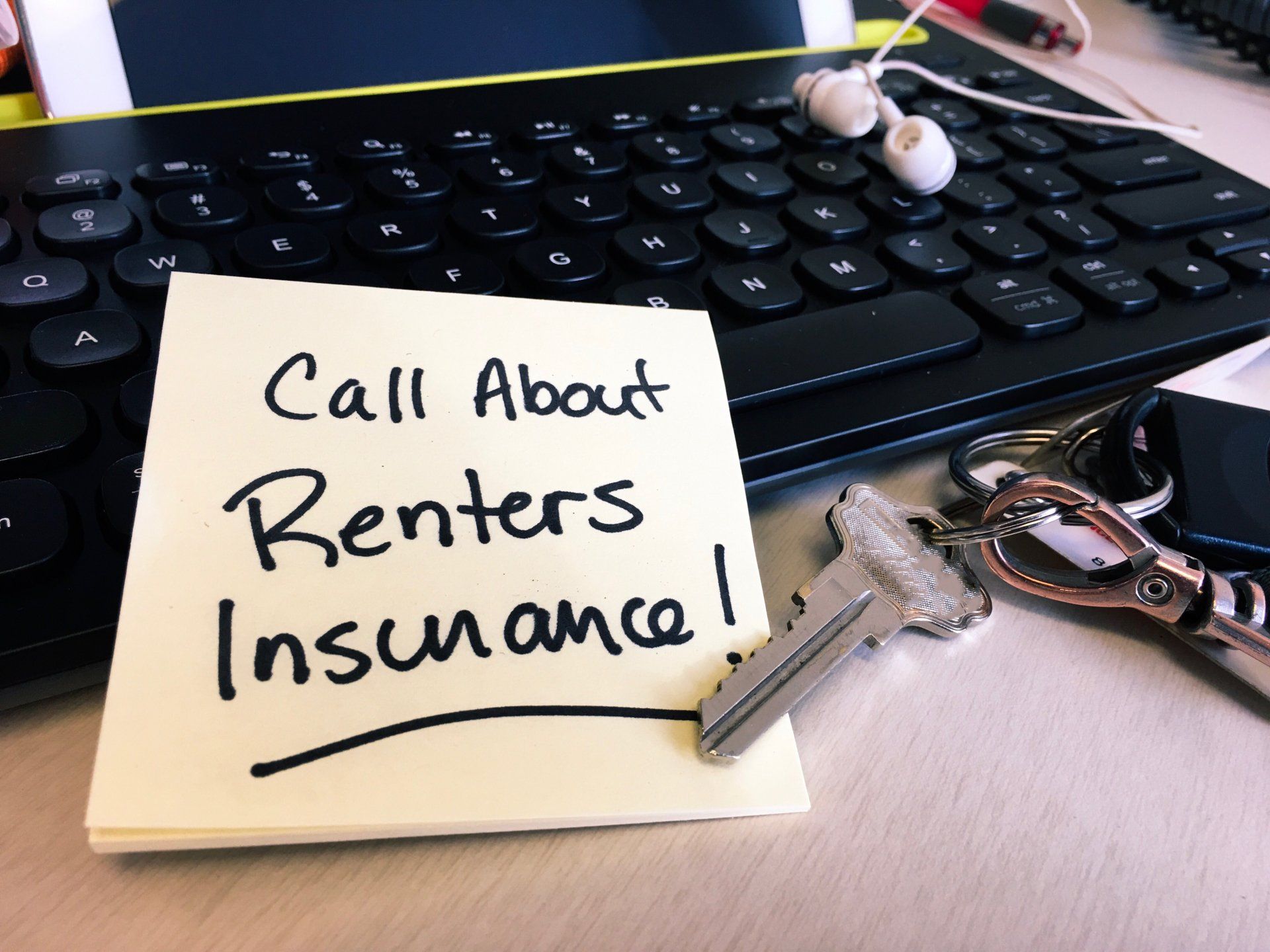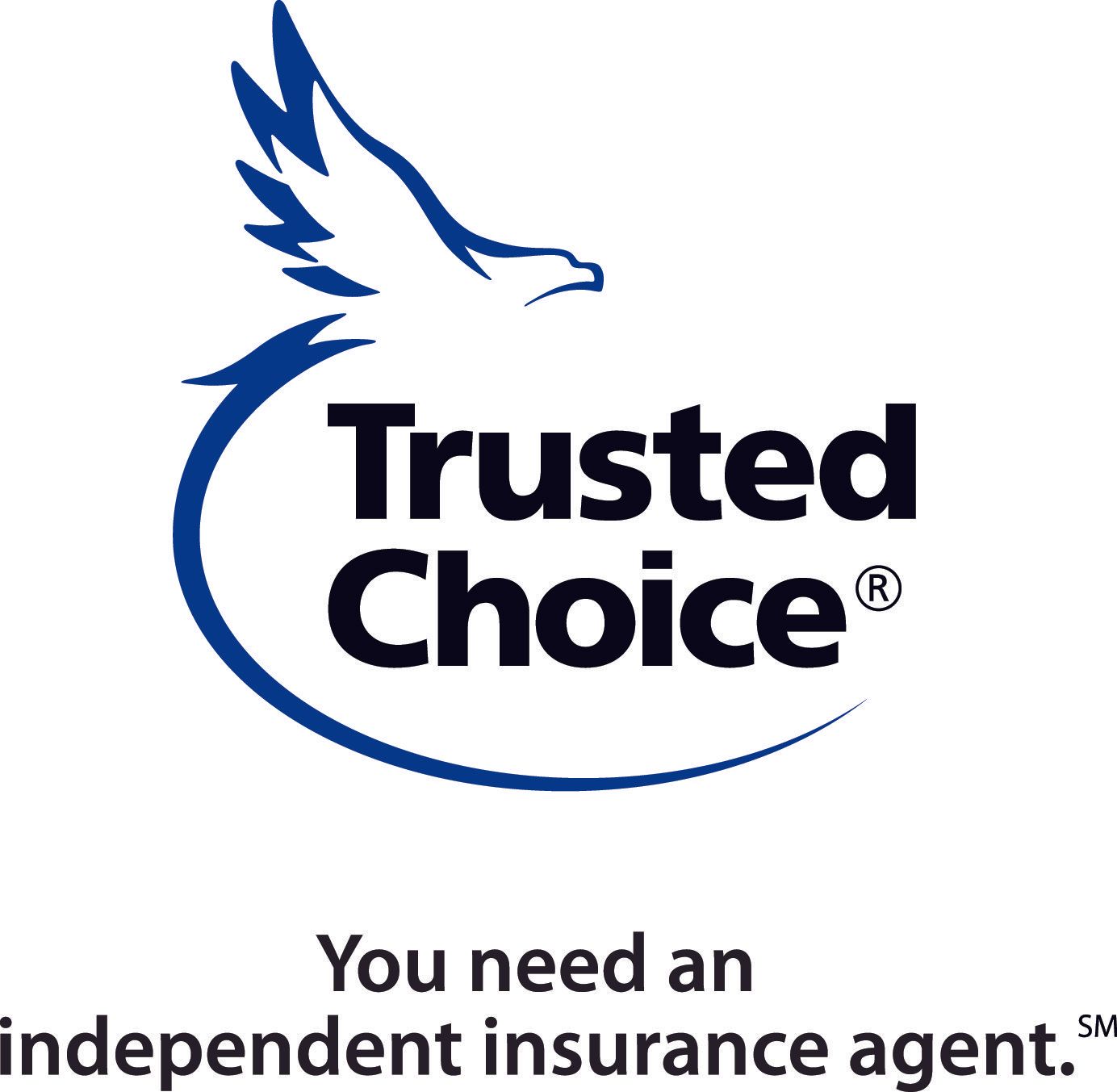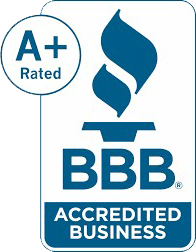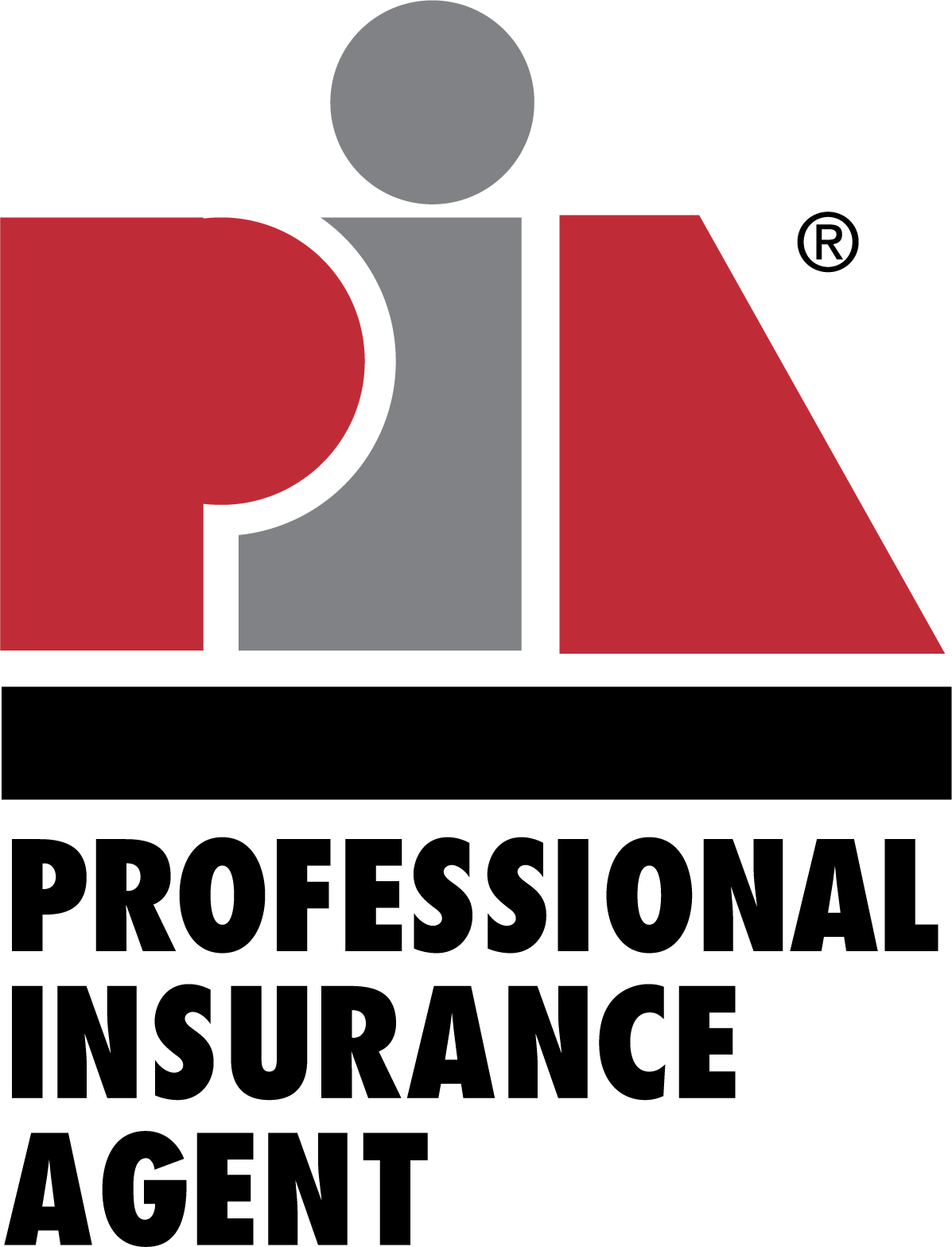Lovins Insurance Blog

Since auto insurance policies can vary from one company to the next, there is no clear answer on exactly what to do. What we can do is help point you in the right direction to arm yourself with the understanding of how it all works so you aren't left paying damages out of your own pocket. The first step when taking a delivery job, is to talk to your employer. Some employers will offer business auto liability coverage while you are on an active delivery but may not provide coverage for damage to your vehicle. Some employers may carry what's called hired and non-owned auto liability to protect themselves if you cause an accident, but they will expect your liability to be primary. Others may not carry anything at all so you are completely on your own. You have to ask them directly or request a copy of their terms to review.
Once you figure out what they are providing (if any), the next step is to check your insurance policy to see if you have or can get the coverage you need. If you are having difficulty understanding all these coverages, turn to a local independent insurance agent for guidance. We can help you understand what all these things mean and we represent plenty of carriers to fill in the coverage gaps and protect yourself.
The really tricky part with this is that the employer will ask the new driver for proof of their insurance. Typically the driver provides a copy of their personal auto insurance ID card and that's it. As far as the employer is concerned they are ready to drive. What they don't know and what you likely won't know is that some insurance policies will specifically exclude all coverage if the vehicle is being used for business purposes. I've seen it happen before, a client gets a personal auto policy and three months later they start a job as a delivery driver. They provide proof of coverage to the new employer and our agency has no clue the change in job has been made. Unfortunately the driver doesn't think that he needs to make any changes since he has shown proof of insurance to his employer and they have accepted it. A few weeks later the driver has an accident causing damage to another vehicle as well as their own. When a claim is filed the insurance company denies coverage because the vehicle was being used for to deliver goods, a.k.a business purposes. This is stated very clearly in the policy form but who reads an insurance policy right? So the insurance company says they won't pay, the employer says they won't pay and the driver is responsible for paying the damages for everyone involved out of pocket. This adds up quickly and if there are also injuries, that's an awful lot to be responsible for.
If you are our client, we want your policy to pay, so we will do whatever we can to make sure that proper coverage is in place. Don't make assumptions about your policy, ask someone you trust! It’s up to you to reach out to employers and your insurance carrier or agent to prevent being stuck holding the bag in an auto claim!

You’ve probably heard this horror story before — someone loses a home due to a flood and learns after the fact that standard homeowners insurance doesn’t cover flood damage.
At Lovins Insurance we want you to be educated about all of the risks you may face – before a loss occurs – so you can determine what insurance coverage is appropriate. Our area has had so much rain recently, so now is a good time to review your options.
Because very few companies offer flood insurance, the U.S. government created the National Flood Insurance Program (NFIP) in 1968. Available to homeowners, renters and business owners, this insurance often is required to obtain a mortgage in areas at high risk of flooding.
But you might want to look into a policy just for peace of mind, even if you don’t live in high risk area. According to the NFIP, nearly 25% of the program’s claims occur in moderate- to low-risk areas. Check out the questions and answers below to help determine if flood insurance is right for you.
Is flood insurance available in my area?
To participate in the NFIP, a community must adopt and enforce a floodplain management ordinance with rules regarding construction in certain flood-prone areas. In exchange, the government makes flood insurance available within that community. We’re happy to help you find out if you’re eligible for flood insurance. Just give us a call at 513-831-7900. You can also visit http://www.fema.gov/fema/csb.shtm.
What does it cover?
The NFIP provides coverage for both the structure and its contents. Coverage for contents is optional in some cases, so you may want to give us a call to discuss other coverage for your personal property.
Keep in mind that you typically can’t purchase flood insurance and have it take effect the next day. There is usually a 30-day waiting period. (Exceptions to this rule apply, however, particularly when the insurance is required by a lender and is purchased during the process of securing a mortgage.) If you think you need flood insurance, don’t wait to buy a policy!
What doesn’t it cover?
Generally, government-issued flood insurance will not cover the following: Buildings entirely over water or principally below ground, gas and liquid storage tanks, animals, aircraft, wharves, piers, bulkheads, growing crops, shrubbery, land, roads, machinery or equipment in the open and most motor vehicles.
How much does it cost?
As with all insurance policies, the cost of flood insurance varies depending on your situation. If your home or business is in a high-risk area, such as a “special flood hazard area,” your premium naturally will be higher than those in low- or moderate-risk zones. Premiums are based on how old the building is, how many floors it has, the location of its contents, your deductible and more. Renters insurance is typically less expensive, as renters generally insure their belongings and not the building.
Where can I find more information?
As always, we are happy to help you determine your insurance needs. Stop by our office at 122 Water Street in Milford or give us a call at 513-831-7900. The NFIP website, at http://www.fema.gov/national-flood-insurance-program , has plenty of answers as well.

There are so many people out there that do not carry renters insurance and to me that is just terrifying! One incident could end up costing you everything, unless you have the protection of an insurance policy. The policies are very affordable, especially if you bundle it with your car insurance. We offer policies that start as low as $125 a year and many companies have monthly payment options.
Let’s use a hypothetical situation with a hypothetical person. We will call him Frank. Frank lives on the second floor of an apartment building. He decided not to get renters insurance; he didn’t have much, an old couch, a tv, a cheap dining room table. He didn’t have a lot of extra money and he certainly didn’t want to spend it on something he wasn’t required to have. One cold winter night Frank was using a small electric heater to warm up his apartment. As he left that evening for his third-shift job, he forgot to turn the heater off. When he returned home early the next morning, there were fire trucks surrounding the building and all the tenants were outside. Turns out Frank’s heater caught fire after running so long unattended. Since Frank wasn’t home and the neighbors were sleeping, the fire was out of control and spreading before anyone realized it. When the fire was out, everything Frank had in his apartment was ruined and there was severe damage to surrounding apartments. Since he didn’t have a renter’s policy, all expenses will be out of his pocket.
First of all Frank needs to find a place to stay. He doesn’t have family living nearby so he has to check into a motel until he can find someplace new to live. The only thing he has is the work uniform and boots he is wearing. He has to buy everything new; clothes, shoes, soap, shampoo, toothbrush, toothpaste, etc., etc. All of which is adding up very quickly. Frank struggles finding a new apartment because he can’t afford the deposit to move in. After a few months of paying for the motel, Frank has saved enough money to move in somewhere new, but now he has no furniture, not even a pillow and blanket to sleep with. Even just the basics to get started are too much to pay for right now. Over time he begins to start putting the pieces back together and although he’s broke and has very little to his name, he is starting to see some light at the end of the tunnel. Then the doorbell rings…..
Frank opens the door and is served papers. He is being sued by a tenant that was injured in the fire. This tenant spent some time in the hospital after suffering from burns and smoke inhalation which led to a mountain of medical bills and lost wages while he was being treated. The lawsuit states that Frank was responsible to pay a sum of $250,000 to the injured tenant because leaving the heater on for a long period of time unattended was negligent. Now Frank needs an attorney, which will cost even more. Depending on what happens in court, Frank could be ordered to pay for everything and his wages could be garnished to cover the expenses.
Had he spent a couple hundred dollars to purchase renters insurance, the policy would have paid towards Frank’s hotel stay, his items that were lost in the fire, any injuries or damage to others he was found liable for and the cost to defend him for the lawsuit.
The moral of the story? Don’t be Frank. (and don’t leave heaters running unattended) If you don’t have renter’s insurance contact our office today for a free quote!

When talking to people about insurance I am always surprised to learn when someone doesn’t understand what an independent insurance agency does. But when I think about it, how could they know? All the big advertisers are selling you insurance direct and there is nothing out there highlighting the local independent agent. Unless you have a friend or relative in the business, there’s a good chance that you don’t know the difference between us and those companies you always see on TV.
When it comes to property and casualty insurance companies, there are those who sell direct and those who sell through independent agents. Direct companies do sometimes have local agents but they only represent that company. An independent agent is just that; independent from the insurance company. They are free to choose what insurance companies they represent and they can represent many. On average, they usually have 5 to 8 different companies, although some have more and some have less. There are a lot of great insurance companies out there that you may not have heard of; you just have to know where to find them!
What is the benefit of having an independent agent? My opinion is a bit biased, but there are many benefits! The biggest one being that we do the leg work for you. If you are shopping your policy and getting quotes direct, you would need to call the various places or go to their websites and provide your information each time. Going to an independent agent, you give the information once, and then we quote it through the various companies, so you don’t have to. Another benefit is that we are monitoring your policy throughout each term. If something changes or if you get an unexpected renewal increase, we are contacting the company to figure out what is going on and why. If the company just decided to increase their rates, we will get comparison quotes with our other carriers to see if we can do better. I could go on forever about this topic but I will only list one more major benefit and that is claims. When it comes to claims you do work closely with a representative from the insurance company but we are here to have your back. If you feel things aren’t being handled properly or if the company is denying the claim, we will be on your side to make sure things go the way they should. When buying direct from a company, who can you go to if they aren’t handling things to your satisfaction? A call center? As agents our goal is to build a trusting relationship with our clients so you can rely on us to handle your policies and deal with the companies on your behalf.
Again, my comparison is biased, but as with most things there are pros and cons. Bottom line is that you have to find what’s best for you, but don’t forget about your friendly neighborhood independent agent! There are many companies that have been around for 150 plus years that simply do not advertise with big budget commercials. Don’t miss out; one call will get you multiple quotes! Check out the page Our Carriers to learn more about the companies we represent. Give us a call or email for more information or to discuss getting insurance quotes for your home, car or business!

Welcome Readers and thank you for visiting our blog! Let’s be honest, no one likes to deal with insurance (or read about it either). It’s confusing and it costs too much but you need to have it. Most of us here at Lovins feel the same way, but here we have the experience and knowledge to help us better navigate this complex industry. Our goal is educate our clients so if they do have a claim they aren’t left saying “What do you mean that’s not covered?!”
Do you know what is and isn’t covered on your policy? Insurance is not designed to cover everything, there are many exclusions on a policy but many of those things can be purchased separately. It is our job as agents to help you understand the coverage options and allow you make an informed decision about what you want. Many consumers think that if the limits and deductibles match from one quote to the next then you are getting a true apples-to-apples comparison. Unfortunately, this is almost never the case.
Trying to go through a whole policy (yawn) or even just the key points can be very time consuming and if you aren’t in the industry, difficult to understand. In writing a regular blog, we can dig deeper into topics about, specific coverages, common misconceptions, frequently asked questions, policy discounts, and whatever else we can think of! If there is a topic you would like to read about, click on the Contact Us tab for ways to reach us!




